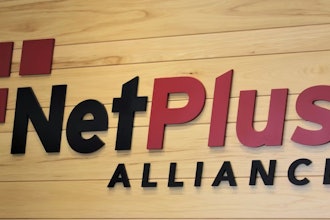A total of 174 organizations, including many in the industrial distribution, manufacturing, and wholesale sectors, have expressed support for America’s Small Business Tax Relief Act of 2015.
A letter sent to Congressional sponsors of the bill by the National Federation of Independent Business expressed support of the effort to restore the small business expensing, sometimes called Section 179 expensing, level to $500,000, including limited improvements to real property and permanently index the level to inflation.
Just some of the industrial-based supply chain associations that signed the letter include:
- American Supply Association
- Associated Builders and Contractors
- Association For Manufacturing Technology
- Associated Equipment Distributors
- Associated General Contractors
- Association of Equipment Manufacturers
- Equipment Marketing & Distribution Association
- Heating, Air-Conditioning and Refrigeration Distributors (HARDI)
- Industrial Supply Association
- International Warehouse Logistics Association
- National Association for Hose & Accessories Distribution (NAHAD)
- National Association of Chemical Distributors
- National Association of Electrical Distributors
- National Association of Manufacturers
- National Association of Wholesaler-Distributors
- National Fastener Distributors Association
- National Lumber and Building Material Dealers Association
- National Retail federation
- National Tooling and Machining Association
The letter explains that small business expensing allows business owners to immediately deduct the cost of a qualified investment in the year that it is purchased, rather than being forced to depreciate the cost of the investment over time. Since 2003, Congress has steadily increased the amount of investment that small businesses can expense from $25,000 to $500,000.
Support for this expansion has been long-standing, bipartisan and widespread. Legislation expanding and/or extending small business expensing has been enacted nine times, across two Presidential Administrations and six Congresses, under both Democratic and Republican leadership. These higher expensing limits were temporary, however, and at the beginning of this year they again reverted to $25,000 and will remain there unless Congress acts.
Click here to download a copy of the letter.






















